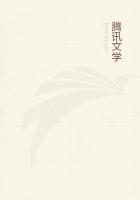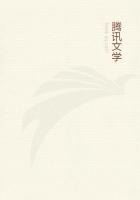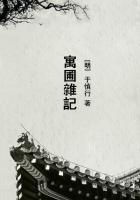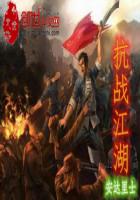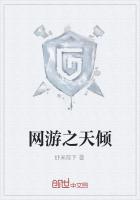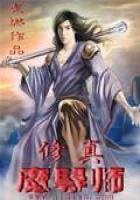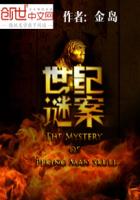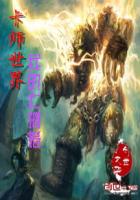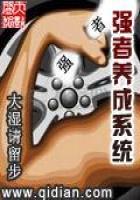We pass a very severe censure on Wycherley, when we say that it is a relief to turn from him to Congreve. Congreve's writings, indeed, are by no means pure; nor was he, as far as we are able to judge, a warm-hearted or high-minded man. Yet, in coming to him, we feel that the worst is over, that we are one remove further from the Restoration, that we are past the Nadir of national taste and morality.
WILLIAM CONGREVE was born in 1670, at Bardsey, in the neighbourhood of Leeds. His father, a younger son of a very ancient Staffordshire family, had distinguished himself among the cavaliers in the civil war, was set down after the Restoration for the Order of the Royal Oak, and subsequently settled in Ireland, under the patronage of the Earl of Burlington.
Congreve passed his childhood and youth in Ireland. He was sent to school at Kilkenny, and thence went to the University of Dublin. His learning does great honour to his instructors. From his writings it appears, not only that he was well acquainted with Latin literature, but that his knowledge of the Greek poets was such as was not, in his time, common even in a college.
When he had completed his academical studies, he was sent to London to study the law, and was entered of the Middle Temple. He troubled himself, however, very little about pleading or conveyancing, and gave himself up to literature and society. Two kinds of ambition early took possession of his mind, and often pulled it in opposite directions. He was conscious of great fertility of thought and power of ingenious combination. His lively conversation, his polished manners, and his highly respectable connections, had obtained for him ready access to the best company. He longed to be a great writer. He longed to be a man of fashion. Either object was within his reach. But could he secure both? Was there not something vulgar in letters, something inconsistent with the easy apathetic graces of a man of the mode?
Was it aristocratical to be confounded with creatures who lived in the cock lofts of Grub Street, to bargain with publishers, to hurry printers' devils and be hurried by them, to squabble with managers, to be applauded or hissed by pit, boxes, and galleries?
Could he forego the renown of being the first wit of his age?
Could he attain that renown without sullying what he valued quite as much, his character for gentility? The history of his life is the history of a conflict between these two impulses. In his youth the desire of literary fame had the mastery; but soon the meaner ambition overpowered the higher, and obtained supreme dominion over his mind.
His first work, a novel of no great value, he published under the assumed name of Cleophil. His second was the Old Bachelor, acted in 1693, a play inferior indeed to his other comedies, but, in its own line, inferior to them alone. The plot is equally destitute of interest and of probability. The characters are either not distinguishable, or are distinguished only by peculiarities of the most glaring kind. But the dialogue is resplendent with wit and eloquence, which indeed are so abundant that the fool comes in for an ample share, and yet preserves a certain colloquial air, a certain indescribable ease of which Wycherley had given no example, and which Sheridan in vain attempted to imitate. The author, divided between pride and shame, pride at having written a good play, and shame at having done an ungentlemanlike thing, pretended that he had merely scribbled a few scenes for his own amusement, and affected to yield unwillingly to the importunities of those who pressed him to try his fortune on the stage. The Old Bachelor was seen in manuscript by Dryden, one of whose best qualities was a hearty and generous admiration for the talents of others. He declared that he had never read such a first play, and lent his services to bring it into a form fit for representation. Nothing was wanted to the success of the piece. It was so cast as to bring into play all the comic talent, and to exhibit on the boards in one view all the beauty, which Drury Lane Theatre, then the only theatre in London, could assemble. The result was a complete triumph; and the author was gratified with rewards more substantial than the applauses of the pit. Montagu, then a Lord of the Treasury, immediately gave him a place, and, in a short time, added the reversion of another place of much greater value, which, however, did not become vacant till many years had elapsed.
In 1694, Congreve brought out the Double Dealer, a comedy in which all the powers which had produced the Old Bachelor showed themselves, matured by time and improved by exercise. But the audience was shocked by the characters of Maskwell and Lady Touchwood. And, indeed, there is something strangely revolting in the way in which a group that seems to belong to the House of Laius or of Pelops is introduced into the midst of the Brisks, Froths, Carelesses, and Plyants. The play was unfavourably received. Yet, if the praise of distinguished men could compensate an author for the disapprobation of the multitude, Congreve had no reason to repine. Dryden, in one of the most ingenious, magnificent, and pathetic pieces that he ever wrote, extolled the author of the Double Dealer in terms which now appear extravagantly hyperbolical. Till Congreve came forth,--so ran this exquisite flattery,--the superiority of the poets who preceded the civil wars was acknowledged.
"Theirs was the giant race before the flood."
Since the return of the Royal House, much art and ability had been exerted, but the old masters had been still unrivalled.
"Our builders were with want of genius curst, The second temple was not like the first."
At length a writer had arisen who, just emerging from boyhood, had surpassed the authors of the Knight of the Burning Pestle and of the Silent Woman, and who had only one rival left to contend with.
"Heaven, that but once was prodigal before, To Shakspeare gave as much, she could not give him more."


